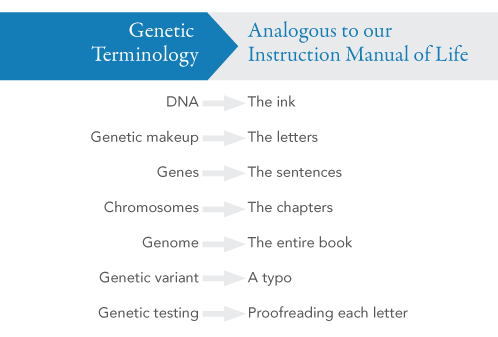That's the advice from the economist Charles Wheelan;
This was of the smartest things I ever did. I bring this up for three reasons. First, for all the controversy over marriage lately, there has been virtually no public discussion of the role that marriage plays in economic success. Those of you who took my economics and public policy classes may remember my favorite quiz question of all time: True or False: Dartmouth is the kind of place where assortive mating is going on. Parents, please don’t worry. This is a less sordid question than it would appear. The answer is true; it merely refers to the fact that highly educated people are likely to marry each other, as are poorly-educated people. The result magnifies many of our underlying social trends, including income inequality.
To make it much more personal, and because I’ve vowed to speak about things that no one told me when I was in College, what I’ve learned over time is that the benefit of marrying my Phi Beta Kappa classmate, whom I met at orientation freshman week, is not merely that she is fun and beautiful, but that it’s like having another economic oar in the water. When I was getting a PhD, she was working. When she wanted to start a software company, I had a steady income. When I wanted to take a year off to write books, she had a steady income. You’re good at standardized tests; you get the pattern. In addition to all the things that Dr. Phil can tell you about marriage, I’m telling you that you’re getting a professional teammate for life. So pick wisely.
Now the second reason I bring this subject up is that a healthy marriage will make you… Yes, happy! We’ve got research on this, too. In fact, the economists even think they can quantify it. In terms of happiness and well-being, a healthy marriage is the equivalent of earning an extra $100,000 a year. That said, I would urge you not to tell your future spouse that he or she will be worth roughly a million dollars at the end of 10 years, as it never sounds as cool to everyone else as it does to the economists.
Finally, I bring up the benefit of smart partners because tomorrow is your chance! Everyone who is Phi Beta Kappa will be wearing pink and blue ribbons on their gowns. Folks, this is the equivalent of hunting smart fish in a barrel. After tomorrow, when you go into a bar or to your job or to the gym, the really smart people aren’t going to be wearing pink and blue ribbons!
Now, let me point out to those of you wearing the pink and blue ribbons, it’s just tomorrow. When you’re done with Commencement, take them off. My wife sometimes wears hers around the house, and frankly, it’s unseemly.






